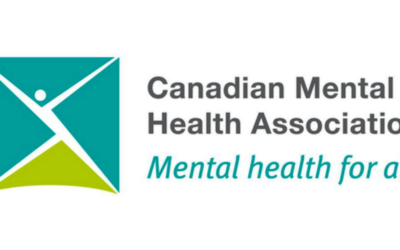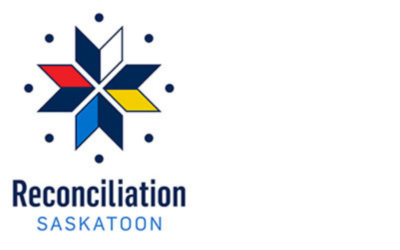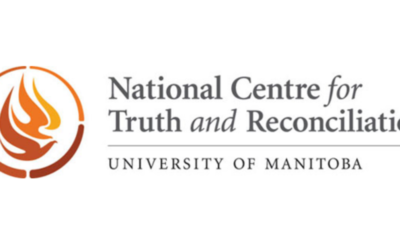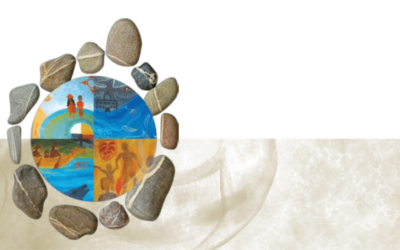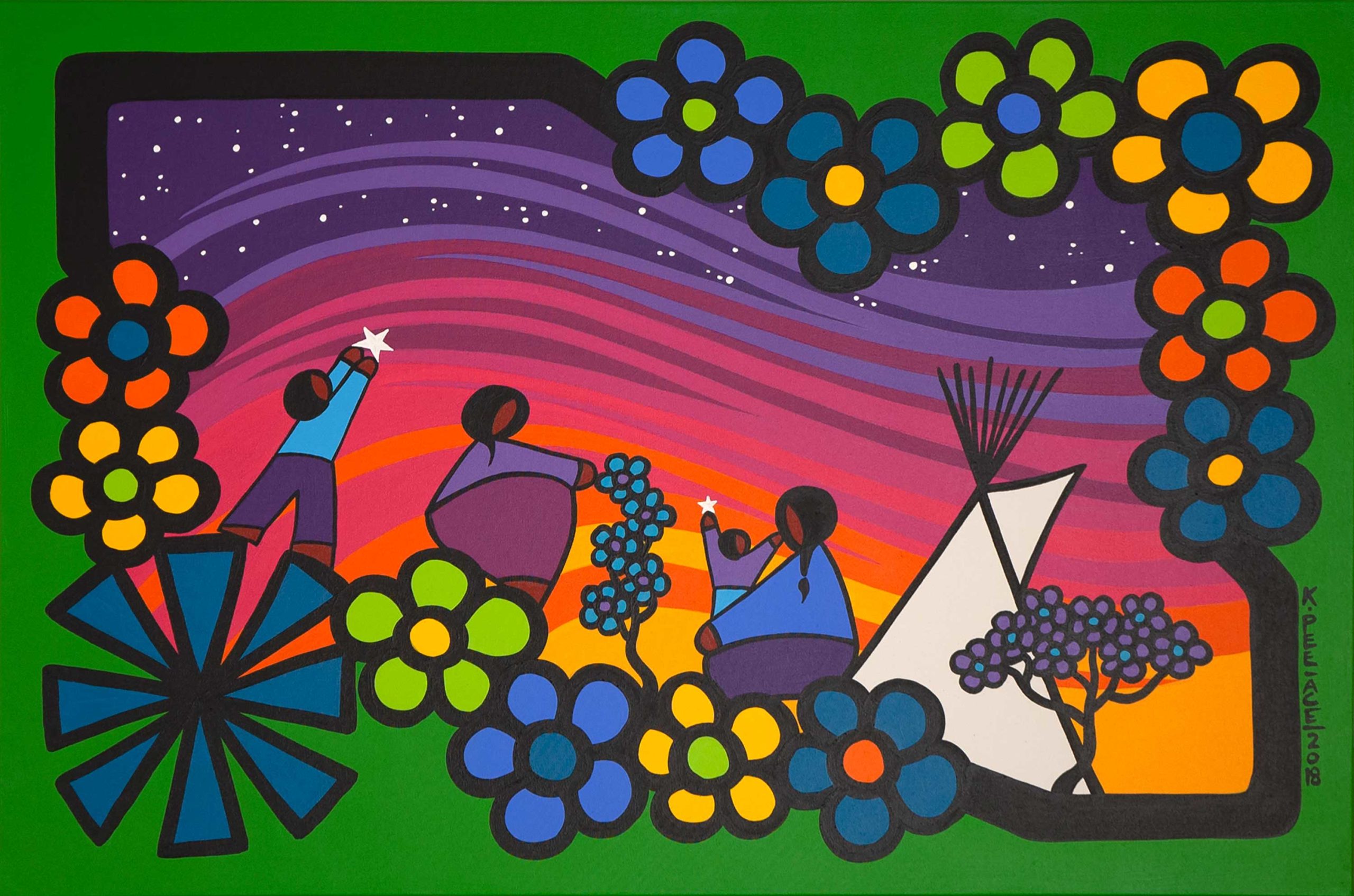Resources & Education
Adoption-related resources and information
Candian Mental Health Association
The Canadian Mental Health Association, Saskatchewan Division – CMHA SK – is one of the oldest and largest community-based human services organizations in Saskatchewan.
Mental Health
Many sources support the idea that adopted children face a higher risk of mental health disorders. The Canadian Mental Health Association states that in any given year 1 in 5 Canadians will personally experience a mental health issue or disorder. Many sources support the idea that adopted children face a higher risk of mental health disorders. Many children in care have experienced trauma to one degree or another. Adoptive parents need to look after their own mental health needs as well.
Post-Adoption Services
Children and youth in care, which describes a majority of adopted children in Saskatchewan, are at a much higher risk of experiencing mental health issues and are at a much higher risk of suicide. We must also recognize that adoptive parents need to look after their mental health needs as well as their children’s. For many children and families, post-adoption mental health services are critical to their ability to move forward and help reduce the risk of the adoption’s disruptionor dissolution.
Saskatchewan Crisis Hotlines
The Sask. First Responders’ Mental Health Committee was formed to work toward a common goal of reducing mental health stigma, improving access to resources and providing leadership and recommended practices that promote positive mental health for first responders across the province. Saskfirstrespondersmentalhealth.ca is designed to help employers, workers, friends, and family members support mental health in the workplace. The website provides access to resources to help with recovery and prevention of having an incident develop into post-traumatic stress or operational stress injuries.
ayisiyiniwak: A Communications Guide
The City of Saskatoon plays a leading role in supporting and enhancing
relationships with First Nations peoples in a wide range of areas.
Saskatoon has led in the development of urban reserves that have
mutually benefited economic advancement and community level
engagement. Through this Guide, the City of Saskatoon is furthering
their leadership role by encouraging civic administration to practice an
appreciation of the Indigenous cultures of the region (Treaty 6 Territory)
ConnectR Saskatoon
The Evermore Centre recognizes the role that adoption has historically played in the colonization and marginalization of Indigenous peoples across Saskatchewan and Canada.
Reconcilliation Saskatoon
The history of adoption in Saskatchewan, particularly the era of what is known as the “60’s Scoop,” is something that the Evermore Centre fully acknowledges as a shameful part of Saskatchewan’s past. The Evermore Centre understands and agrees with the TRC’s “profound commitment to establishing new relationships embedded in mutual recognition and respect [to] forge a brighter future”
National Centre for Truth & Reconcilliation
The Evermore Centre recognizes the role that adoption has historically played in the colonization and marginalization of Indigenous peoples across Saskatchewan and Canada.The NCTR was created as part of the mandate of the Truth and Reconciliation Commission of Canada (TRC). The TRC was charged to listen to Survivors, their families, communities and others affected by the residential school system and educate Canadians about their experiences.
Touchstones of Hope for Indigenous Children, Youth, & Families
The Evermore Centre recognizes the role that adoption has historically played in the colonization and marginalization of Indigenous peoples across Saskatchewan and Canada. This document embodies an earnest intent to capture the wisdom of the
approximately 200 invited leaders. It is intended to serve as a foundation for the
development of community-based action plans. The over-representation of Indigenous children and youth in child welfare care has been and continues to be a significant issue in Saskatchewan and across our country.
ayisiyiniwak: A Communications Guide
A lack of cultural understanding in adoptive families may prevent healthy growth and identity development/formation. Prospective adoptive persons are provided education on the importance of cultural connections for children. PRIDE training protocols which focus on fostering and maintaining the cultural identity of the child, among many other important aspects of forming a family through adoption. Building a positive sense of identity and well-being in all children is supported by a family who is willing to engage in this journey with a child. We encourage prospective adoptive and adoptive families to explore more information on how to support cultural identity.
Saskatchewan Indigenous Cultural Centre
When children come into a family through adoption, it is imperative that adoptive parent(s) honour and respect their child’s culture of origin. We support families in understanding the value of honouring their child’s ethnic/birth culture. We believe adoptive families should feel secure in exploring cultural connections in their area. In domestic adoption situations where adoptive families may know the community their child is from, we encourage and can assist in reaching out and making connections. It will serve your child well to have mentors of the same ethnic background (racial mirrors) and have people in their child/ren’s life/lives who they can identify with as being similar to them. These mentors can provide education and experiences rooted in the birth culture. A lack of cultural understanding in adoptive families may prevent healthy growth and identity development/formation.
Aboriginal Kids: The Healing Power of Cultural Identity
The history of an adopted child and connections to the past cannot and should not be ignored. It is an important part of a child’s identity. Adoptive families should feel secure in exploring cultural connections in their area. A sense of identity equals a sense of belonging.

